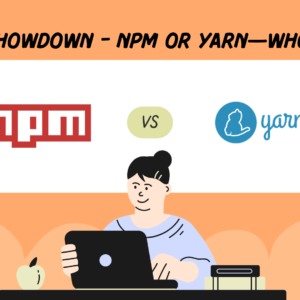Buying a domain name is like choosing a name for your new adventure or favorite toy. It’s important because it represents your online identity. But before you make that purchase, there are some essential things to check. In this blog post, we’ll explore how to check a domain’s history and why it matters. Let’s dive in!
Why You Should Always Check Domain History
Before you buy a domain, checking its history is crucial. Imagine buying a second-hand car without knowing if it was in an accident or if it has any hidden problems. A domain can have a similar past that might affect your future success online.
Here are some key reasons to check domain history:
- Ownership Changes: Knowing who owned the domain before can give you insights into its reputation.
- Previous Content: The type of content previously hosted can affect how search engines view the domain.
- SEO Performance: A domain with a troubled past may struggle to rank well in search results.
By understanding the history, you can avoid potential pitfalls and make an informed decision.
How to Check a Domain’s History Before Buying
Checking a domain’s history involves several steps and tools. Here’s how you can do it:
1. Use WHOIS Lookup
The WHOIS lookup tool provides information about who owns the domain and its registration details.
- Step 1: Go to a WHOIS lookup website like ICANN WHOIS or DomainTools.
- Step 2: Enter the domain name you’re interested in.
- Step 3: Review the details, including ownership changes and registration dates.
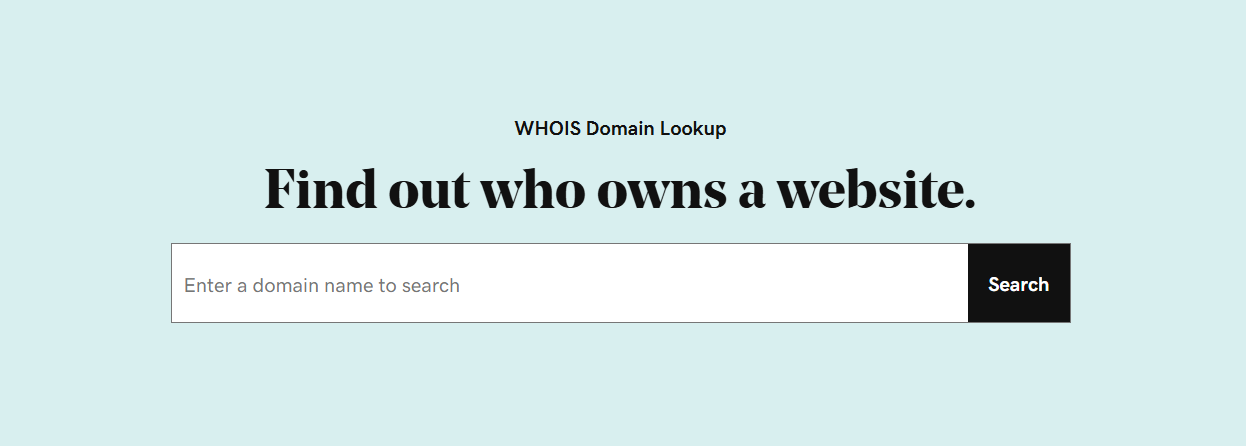
This will help you see if the domain has had multiple owners, which could be a red flag.
2. Explore the Wayback Machine
The Wayback Machine is like a time machine for websites! It shows you what a website looked like at different times.
- Step 1: Visit the Wayback Machine website.
- Step 2: Enter the domain name in the search bar.
- Step 3: Browse through snapshots of the site over the years.
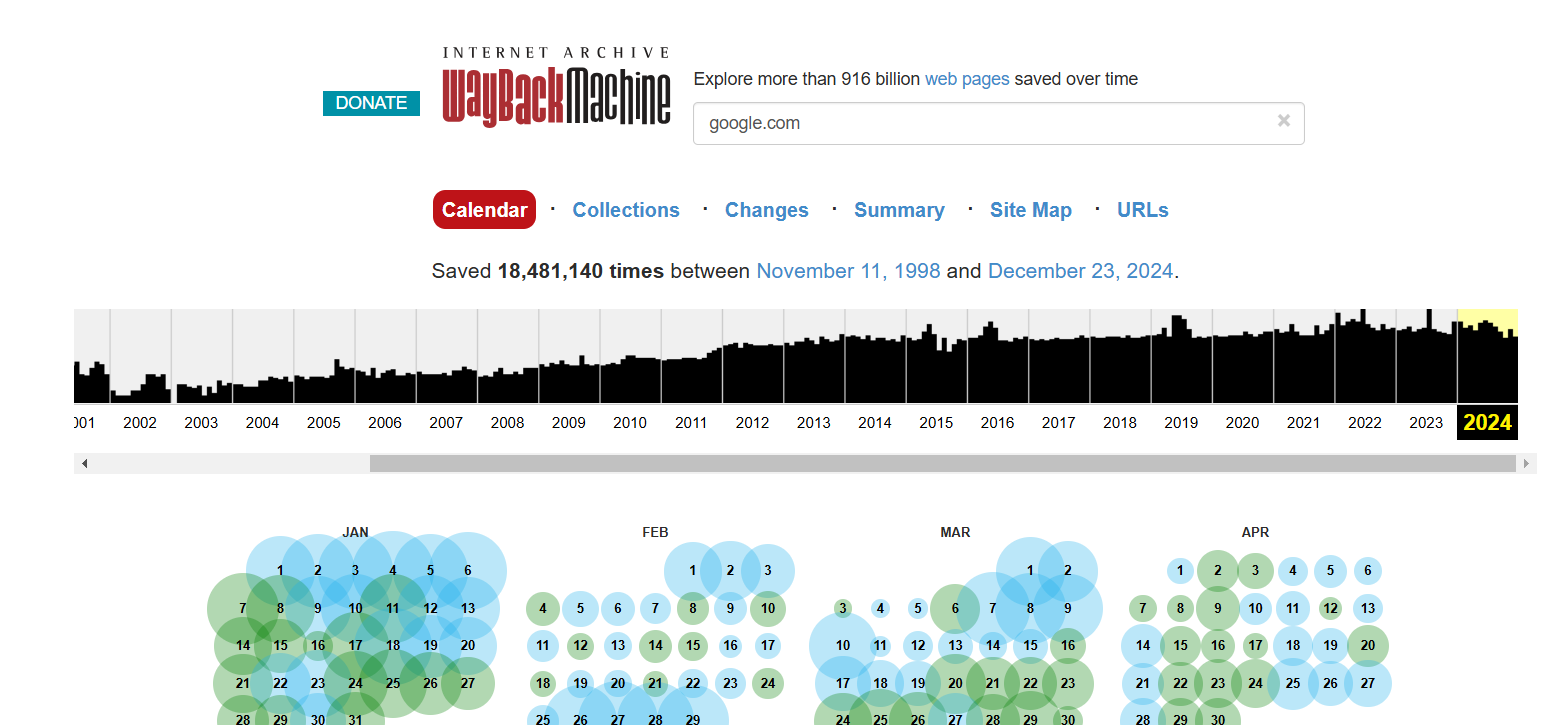
This tool lets you see past content and understand how the site was used, which is vital for assessing its reputation.
3. Check SEO History
There are tools available that analyze a domain’s SEO performance over time.
- Step 1: Use services like Ahrefs or SEMrush.
- Step 2: Enter the domain name to see its backlink profile and traffic history.
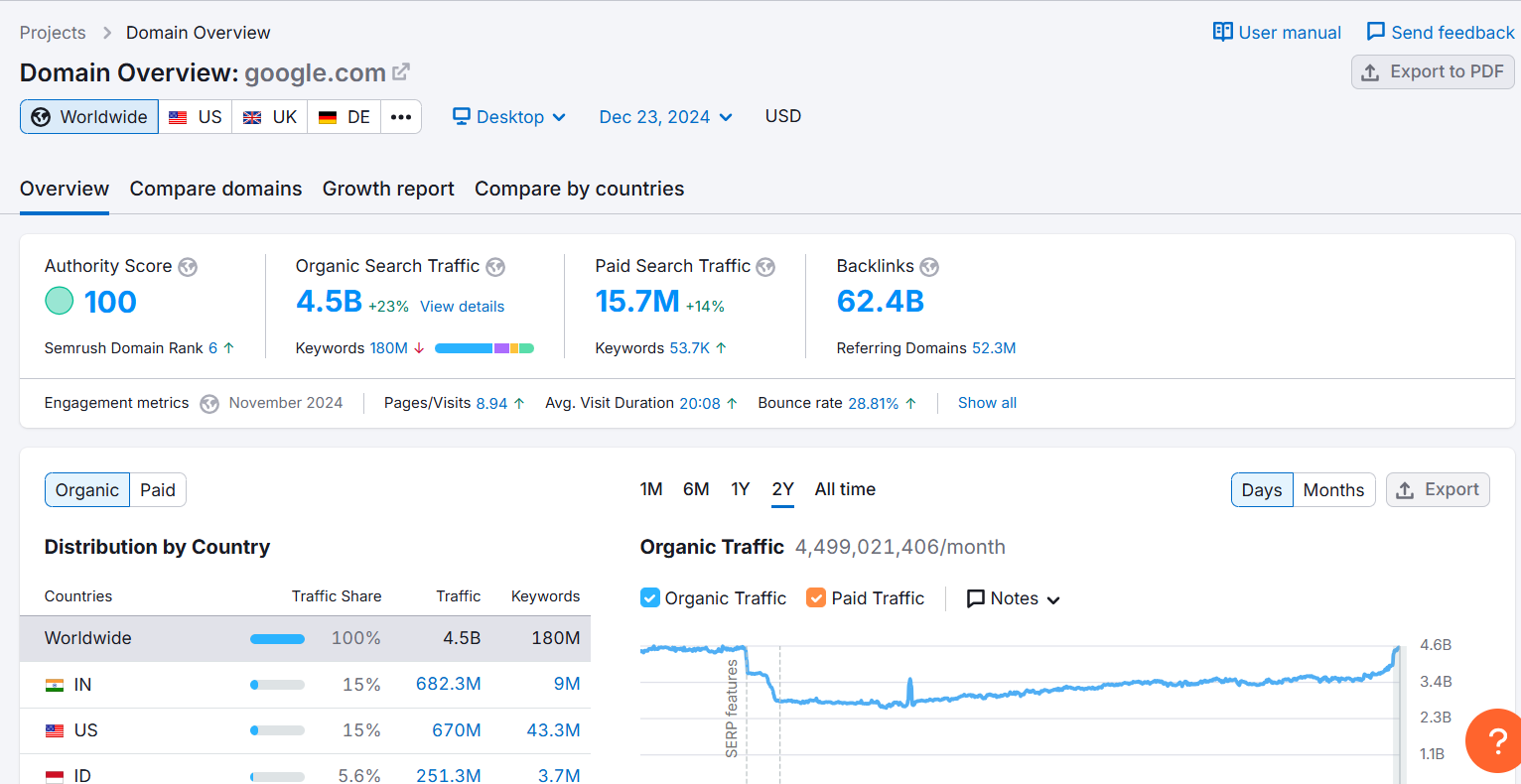
Look for any penalties or drops in traffic that might indicate previous issues with the site.
4. Look for Blacklisting or Spam Associations
A domain can be blacklisted for various reasons, which can harm your future online presence.
- Step 1: Use tools like Spamhaus or MX Toolbox.
- Step 2: Enter the domain to check if it appears on any spam blacklists.
Being on a blacklist means that emails sent from this domain may not reach their destination, affecting your communication efforts.
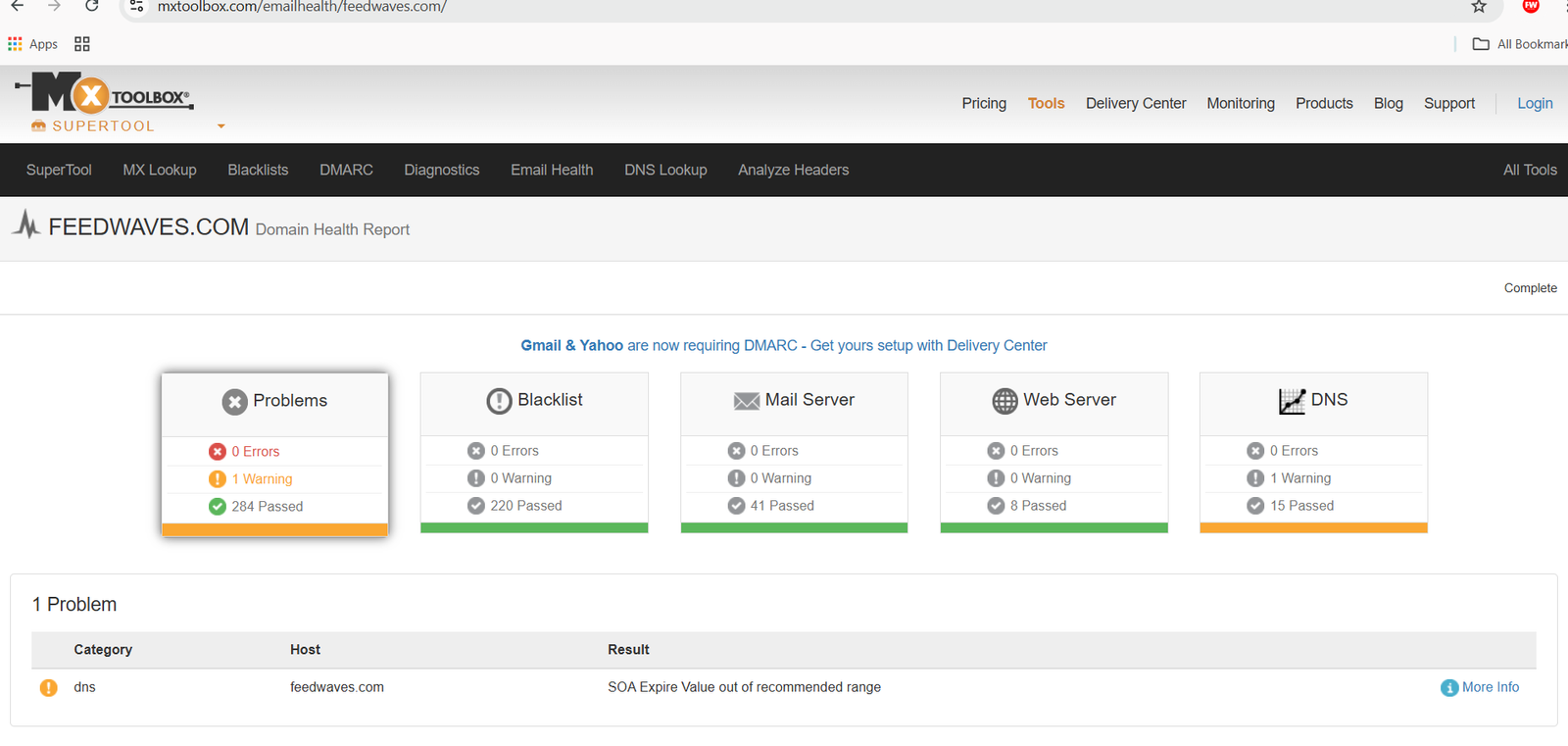
Advanced Tips for Checking Domain History
Now that you know the basics, here are some advanced tips to ensure you’re making a wise purchase:
– Investigate Previous Owners
If possible, try reaching out to previous owners. They might provide valuable insights about their experience with the domain.
– Analyze Backlink Quality
Not all backlinks are good! Use tools to check if previous backlinks are from reputable sources. Toxic backlinks can hurt your site’s SEO performance.
– Monitor Social Media Mentions
Search for mentions of the domain on social media platforms. This can reveal any controversies or negative associations linked to it.
Practical Examples and Actionable Advice
Imagine you find a great domain name that fits your business perfectly. Before purchasing, follow these steps:
- Perform a WHOIS lookup to check ownership history.
- Use the Wayback Machine to see past content.
- Check SEO performance using Ahrefs.
- Look for blacklisting using Spamhaus.
- Reach out to previous owners if possible.
By following these steps, you’ll be better equipped to make an informed decision about your new domain!
Conclusion
Buying a domain name is an exciting step toward establishing your online presence. However, taking the time to check its history can save you from future headaches. Remember, just like with any big purchase, doing your research is key!
Now that you’re armed with this knowledge, go ahead and find that perfect domain! Happy hunting!




